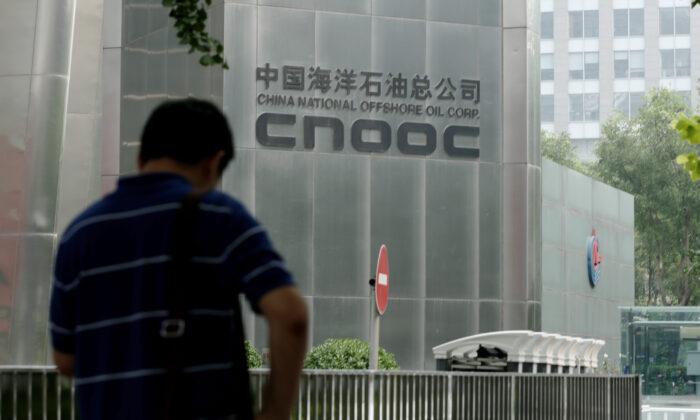China National Offshore Oil Corporation, or CNOOC, soared as much as 44 percent in its debut on the Shanghai Stock Exchange on April 21.
After hitting the daily upper limit, trading was suspended amid enormous fluctuation. The stock pared its gains to end the session up 28 percent.





